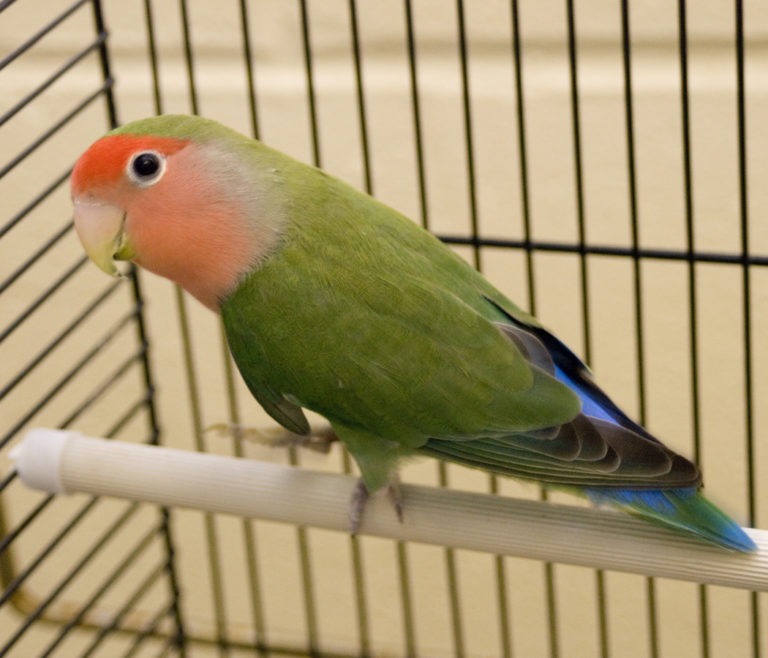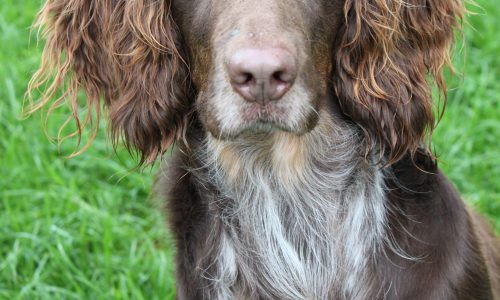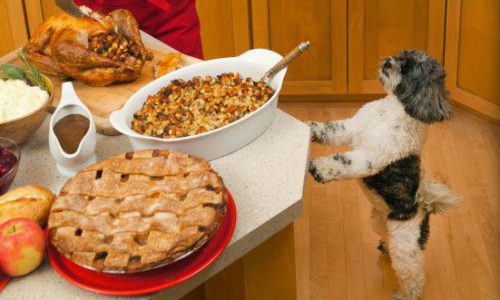Have you heard? Bird is the word! That’s right, September 17 is National Pet Bird Day. If you’re one of the nearly 6 million people who can’t stop “raven” about their pet birds, then you’re one lucky duck! Or, perhaps you’ve just heard that bird is the word and you want to know more about adoption. In that case, don’t just “wing” it! Here are some tips and guidance on adopting your first (or next) feathered friend.
Types of Pet Birds
There are so many different types of birds that almost anybody can find an eggs-elent pet to fit in with their lifestyle. With all these options though, it can be difficult to choose. As with any adoption, the key to success will be to do your research to ensure your new bird is a great match for your household. A few examples of some of the smaller breeds that are popular include Parakeet, Cockatiel, Parrotlet, Lovebird, Conure, Canary and Finch. Larger parrots that are very popular include the Eclectus, Amazon, African Grey, Macaw and Cockatoo. Even with the smaller birds though, make sure your pet has ample space for exercise and mental stimulation to keep them happy.
Personalities
Birds are naturally very social, active and intelligent creatures, which is why pet parents love them so much! Just like dogs, cats and even humans, bird personalities vary not only between species, but by individual. One important aspect to consider is if your family would prefer a cuddly bird, or a bird that requires less handling while still bringing the joy of nature inside. For a more hands-off bird, a Canary or Finch might be a good fit. If you expect to be a more hands-on pet parent and can support the emotional needs of such a task, perhaps a Macaw, Cockatoo, Cockatiel or Conure could suite your lifestyle.
Medical Concerns
Different birds are susceptible to different ailments, but all breeds will require special tweet-ment. Before getting a bird, it’s important to note that birds require a special avian veterinarian to best care for them. It is good to look in your area for which veterinarians offer this specialized care and become familiar with the various conditions that commonly affect certain species. Always remember that birds can be more sensitive to air quality and should never be exposed to smoke, fumes or chemicals. To prevent obesity and associated diseases, be sure to feed your feathered friend a nutritious diet that is appropriate for their species.
Grooming and Care
Routine grooming and care are required to keep your pet bird healthy and happy. This can include regular nail trims and daily bathing. Birds like to keep squeaky clean. Some can bathe in a dish or bowl while others may prefer going under a faucet. If your bird is resistant to bathing, you may be required to mist it daily with clean water in a water bottle to encourage them to groom themselves.
Life Spans
With care, exercise and a healthy diet consisting of a variety of pellets, grains, fruits and vegetables, your pet bird can live quite a long and im-peck-able life. Deciding to adopt a bird does entail a certain commitment that shouldn’t be chirped at. On average, a few of the smaller birds such as Finches, Parakeets and Canaries can live approximately 5 to 15 years. The larger varieties such as Amazons, Cockatoos and Macaws can live to be anywhere between 20 to 80 years old! Now that’s a “Happy bird-day!”




